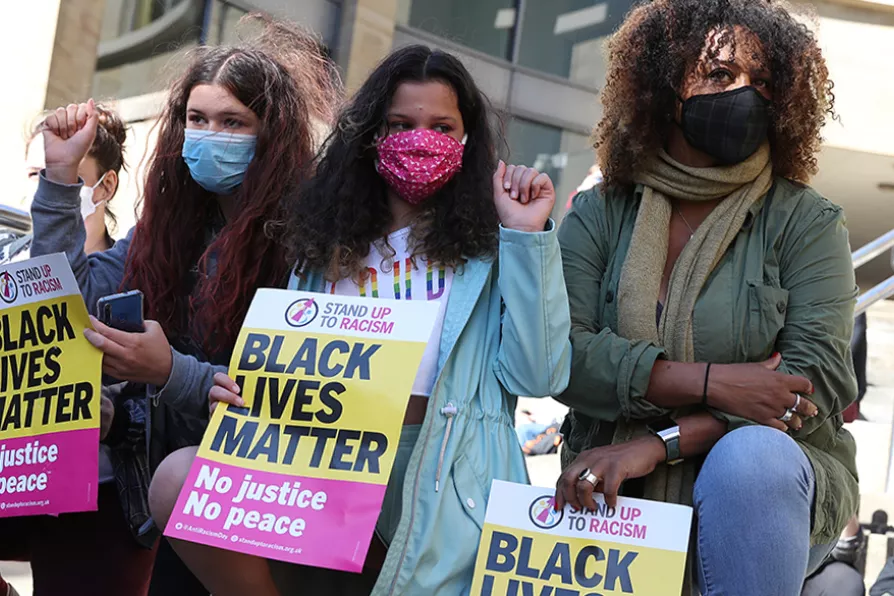The newly elected general secretary of the Aslef train drivers’ union speaks to Ben Chacko about union wins, a welcome shift in approach to the rail sector and what still needs to be done


TODAY’S “March Against Racism” marking UN Anti-Racism Day organised by Stand up to Racism, supported by the TUC and affiliated unions, could not be more timely. The last few days have exposed the distressing racist sexual abuse, degradation and humiliation that a black girl known as “Child Q” was forced to endure by police officers.
The government also recently published its Inclusive Britain report which failed to reject the discredited Commission for Race and Ethnic Disparities (CRED) “Sewell” report or address institutional racism and problems in policing highlighted by the Child Q case.
A few days ago another boat capsized near the coast of Libya in the Mediterranean Sea, leaving 19 African and Middle Eastern refugees dead and only four survivors, but was met with very little media coverage let alone outrage and compassion.

May elections will soon be upon us and SABBY DHALU calls for a maximum mobilisation, across Britain, to defeat Reform UK and the right at the ballot box

The Star's critics MARIA DUARTE and MICHAL BONCZA review Backlash: The Murder of George Floyd, The Uninvited, The Surfer, and Motel Destino











